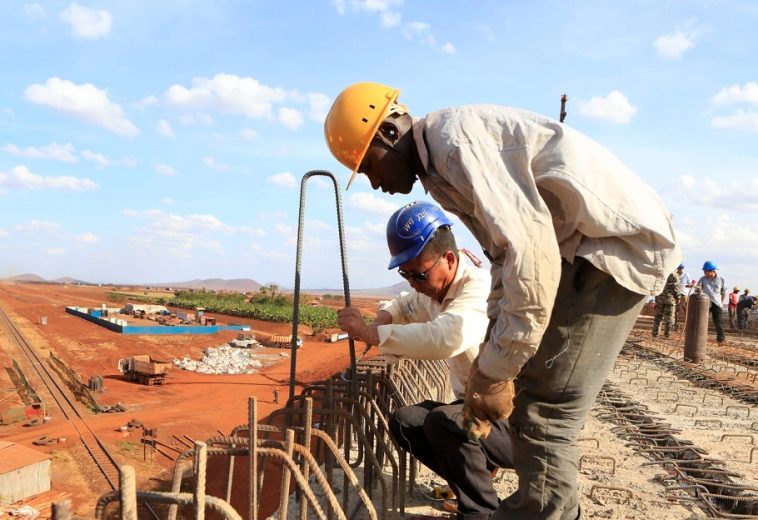In recent years, the African diaspora has played an increasingly significant role in supporting the academic ambitions of African students through scholarships. This support transcends mere goodwill, representing a strategic investment in the continent’s future. Many scholarship programmes, funded by Africans living abroad, are effectively bridging the gap between ambition and opportunity for numerous African students.
Former Nigerian President Olusegun Obasanjo once remarked, “The African diaspora is a crucial asset in our quest for sustainable development. Their contributions in education, through scholarships and mentorship, are invaluable to our continent’s progress.”
According to the Migration Policy Institute, Sub-Saharan African immigrants in the United States have higher levels of educational attainment compared to the overall foreign-born population. In 2019, 42% of Sub-Saharan African immigrants aged 25 and older held a bachelor’s degree or higher, surpassing the 33% average among all foreign- and US-born adults.
The Impact of Diaspora-Funded Scholarships
Diaspora-funded scholarships have provided numerous African students with opportunities to pursue higher education at prestigious institutions worldwide. For instance, the Mo Ibrahim Foundation offers scholarships for African students to study at institutions such as the London Business School, SOAS, and the University of Birmingham. These scholarships are specifically designed to nurture leadership skills among African students, ensuring that they return to contribute meaningfully to their home countries.
The Mandela Washington Fellowship, part of the Young African Leaders Initiative (YALI), has benefitted over 7,000 young African leaders since its inception in 2014. This programme, supported by the US government and African diaspora organisations, offers young leaders from Africa the opportunity to study in the United States, focusing on leadership in civic engagement, public management, and business. The annual budget for this initiative is estimated to be around $24 million.
The Tony Elumelu Foundation, led by Nigerian entrepreneur Tony Elumelu, has supported over 15,000 African entrepreneurs and students through its various programmes, including scholarships. The foundation’s scholarship programme focuses on business and entrepreneurship education, with additional grants provided for business development. TEF has committed $100 million over ten years, benefiting thousands of young Africans.
Data on Scholarships for African Students
In Europe, Commonwealth Scholarships have been pivotal in supporting African students. Approximately 18,000 scholars have benefitted from the Commonwealth Scholarship programme, with a significant proportion coming from African countries. These scholarships, often bolstered by diaspora initiatives, provide fully-funded opportunities for master’s and PhD programmes in the UK. The programme is valued at over £25 million annually.
READ ALSO: African Diaspora: Homeland Development
The Erasmus Mundus Programme has provided life-changing opportunities for over 3,500 African students, enabling them to pursue fully-funded studies across multiple European countries. The European Union’s Erasmus+ programme, which has a total budget of approximately €2.3 billion, allocates a significant portion of its funds to support the Erasmus Mundus initiative.
Scholarships provided by Africans in the diaspora are a powerful catalyst for the continent’s development, extending far beyond financial support. By facilitating access to education, these scholarships nurture the next generation of leaders who will shape Africa’s future. The sustained partnership between the diaspora and African nations is crucial to ensuring that educational opportunities remain accessible to all, regardless of socio-economic background.




